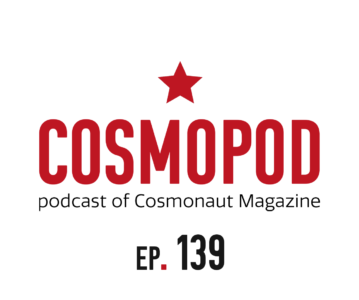Cliff and Isaac join Jesse Olsavsky, author of The Most Absolute Abolition: Runaways, Vigilance Committees, and the Rise of Revolutionary Abolitionism, 1835–1861, for a discussion on his book on the early abolitionist movement. They discuss the textbook history of abolition, and how this masks the role of runaways and other radicals substituting them for a white middle-class leadership, what Vigilance Committees were and how they acted, the exchange of ideas between different social groups in the abolitionist movement, the role runaway interviews had on the movement and its parallels today. They also talk about the Fugitive Slave Act and its effect on the Committees, the international dimension of abolitionism, the abolitionist view of the U.S. republic and the links between abolitionism and other movements.
Prof. Olsavsky recommended these texts as good primary sources on revolutionary abolitionism.
Thomas Smallwood (https://docsouth.unc.edu/neh/smallwood/smallwood.html)
Harriet Jacobs (https://docsouth.unc.edu/fpn/jacobs/jacobs.html)
Phillip Foner’s edited collection of speeches by Frederick Douglass (https://archive.org/details/DouglassSelectionsWritings)
Frances Ellen Walker’s poems (https://www.poetryfoundation.org/poets/frances-ellen-watkins-harper)
Martin Delany’s novel Blake (https://archive.org/details/blakeorhutsofame00dela)
Harriet Beecher Stowe’s second novel Dred (https://www.gutenberg.org/ebooks/55012)




